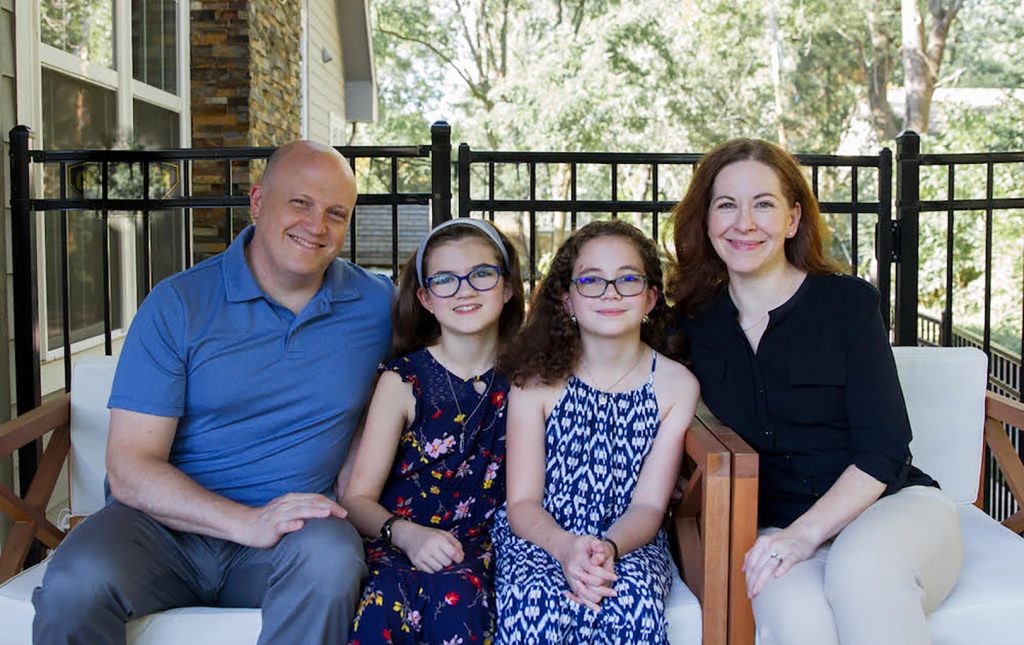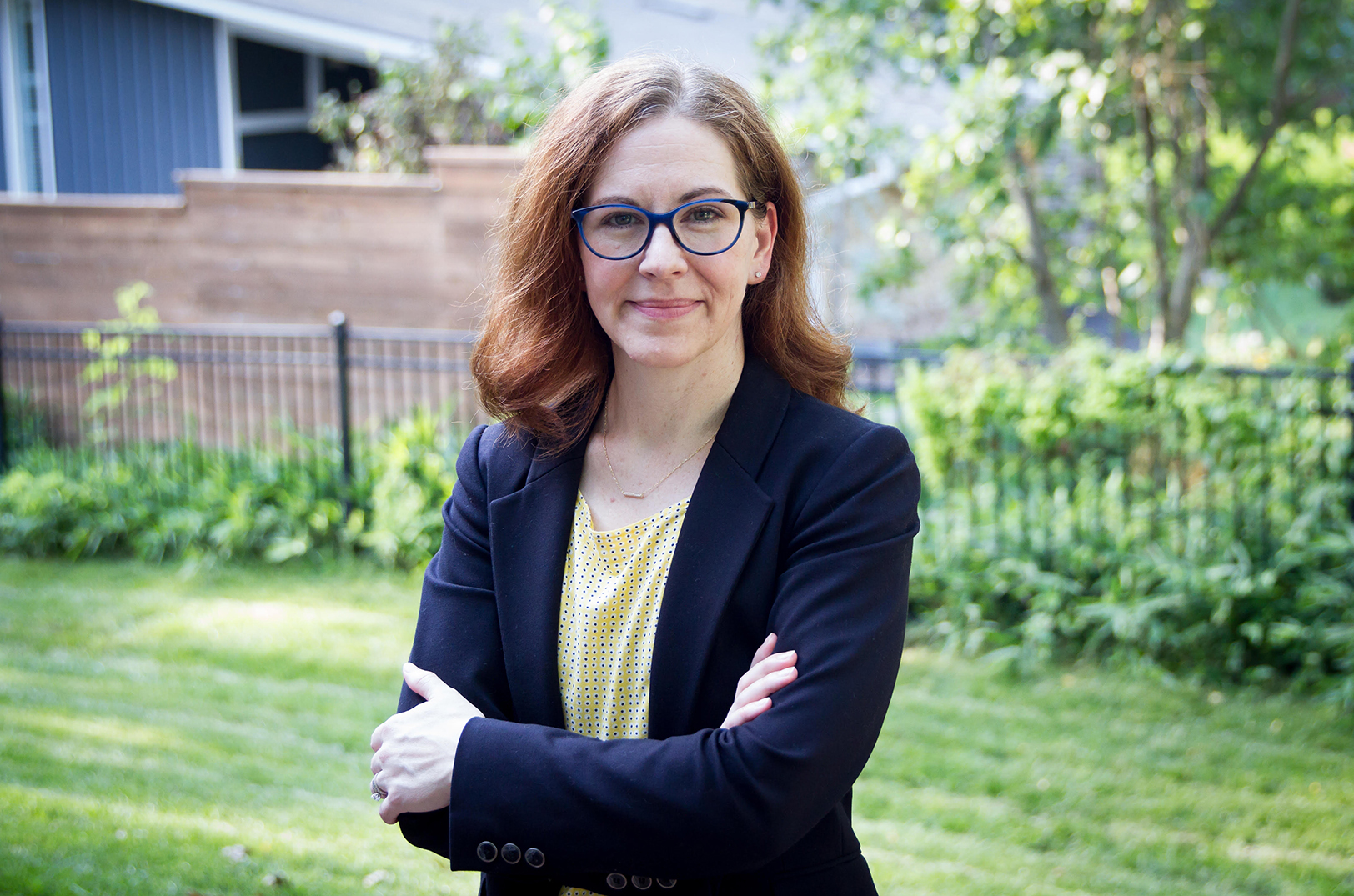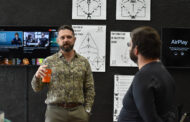Editor’s note: This article is underwritten by Plexpod — a progressive coworking platform offering next generation workspace for entrepreneurs, startups, and growth-stage companies of all sizes — but was independently produced by Startland News.
With a professional background in technology, Melanie Haas witnessed her industry empowering women to fill leadership roles, she said. So when it came to running for the Kansas State Board of Education, she recognized an opening and didn’t hesitate.
“It was very natural … I’ve been in this space where I’ve heard, ‘You don’t need permission to be a leader,’” shared Haas, a Shawnee Mission parent who beat her General Election opponent Benjamin Hodge by more than 20,000 votes to win the state school board’s District 2 representative seat. “When I saw this opportunity, I didn’t question whether or not I was qualified.”
Haas, a Democrat, essentially flipped District 2 from red to blue, but does not view her role on the board as fulfilling a political agenda, she said — rather, she plans to provide her perspective as a technologist, entrepreneur and mother.
“It was a partisan election, but as I have gotten to know the people on the board, they don’t treat it as a partisan job,” Haas stated.
Click here to learn more about Melanie Haas and her campaign platforms.
Haas officially takes office Jan. 12.
A top priority: focusing on the health and safety of teachers throughout the ongoing COVID-19 pandemic.
“Vaccines are coming,” Haas said, noting that the state school board discussed vaccine priority for teachers during their regular board meeting last week. “That is absolutely something I would support.”
Another major focus is for Haas herself to be accessible and a voice for Kansans in District 2, she said.
“I want [my constituents] to know that I hear them, and I’m listening,” she shared. “My phone number and email are out there. I certainly want to hear about the challenges that affect all families.”

Nathan and Melanie Haas family; Photo by Danielle Robinson
Thinking outside the classroom
The role of state Board of Education representative provides an opportunity to support Kansas students, Haas stated, as well as promote the positive work already occurring within the Kansas State Department of Education.
“I’m really encouraged by all of the innovation that Commissioner [Randy] Watson has already brought to our state,” she shared — noting that in the early stages of the pandemic, Watson challenged school districts to think creatively about different ways to accommodate students.
“He had suggested reaching out to local community centers and looking for large spaces so that classes could meet safely in person,” Haas said. “That’s just one example of the ways we have to start thinking outside the box — you don’t have to be in a classroom to be in class.”
As the COVID-19 pandemic drives more use of technology within schools, students will need to learn to be good “digital citizens” and tech must come with a curriculum, said Haas — who has been an advocate for digital literacy since her own children were issued devices as part of the Shawnee Mission School District’s 1:1 technology initiative.
Click here to read Melanie Haas’ sentiments on how technology does not equate to innovation.
The need to continue innovating and improving public education for students must matter to every community member, even those without children, she continued.
“The kids who are bagging your groceries right now could be potentially applying for a job at the same place you work in a handful of years,” Haas explained. “The money that we invest in public schools comes back to us because we are building a stronger community. If we don’t invest in the future of our community, it troubles me to think about what our future might look like.”
Beyond the JoCo lens
Along with listening to the feedback and needs of those in District 2 — which includes Johnson County and a portion of Wyandotte County — Haas grew up in south-central Kansas and has lived in several different communities within the state, she said. A significant wealth gap exists between Johnson County and its fellow counties, she acknowledged.
“We live in one of the wealthiest counties in the state, and I think it’s easy to fall into this trap of thinking, ‘We’re in Johnson County; we’ve got everything covered,’” Haas noted.
“But we have to recognize that there are still a lot of families and a lot of students who have been hit hard by this pandemic,” she continued, pointing out that food insecurity and a lack of devices and Wi-Fi are ongoing problems across the state.
“The more I can hear from the community about the challenges that people are facing, then the more I can help take those conversations back to that state board and work on ways to innovate in some of those spaces,” Haas said.









































